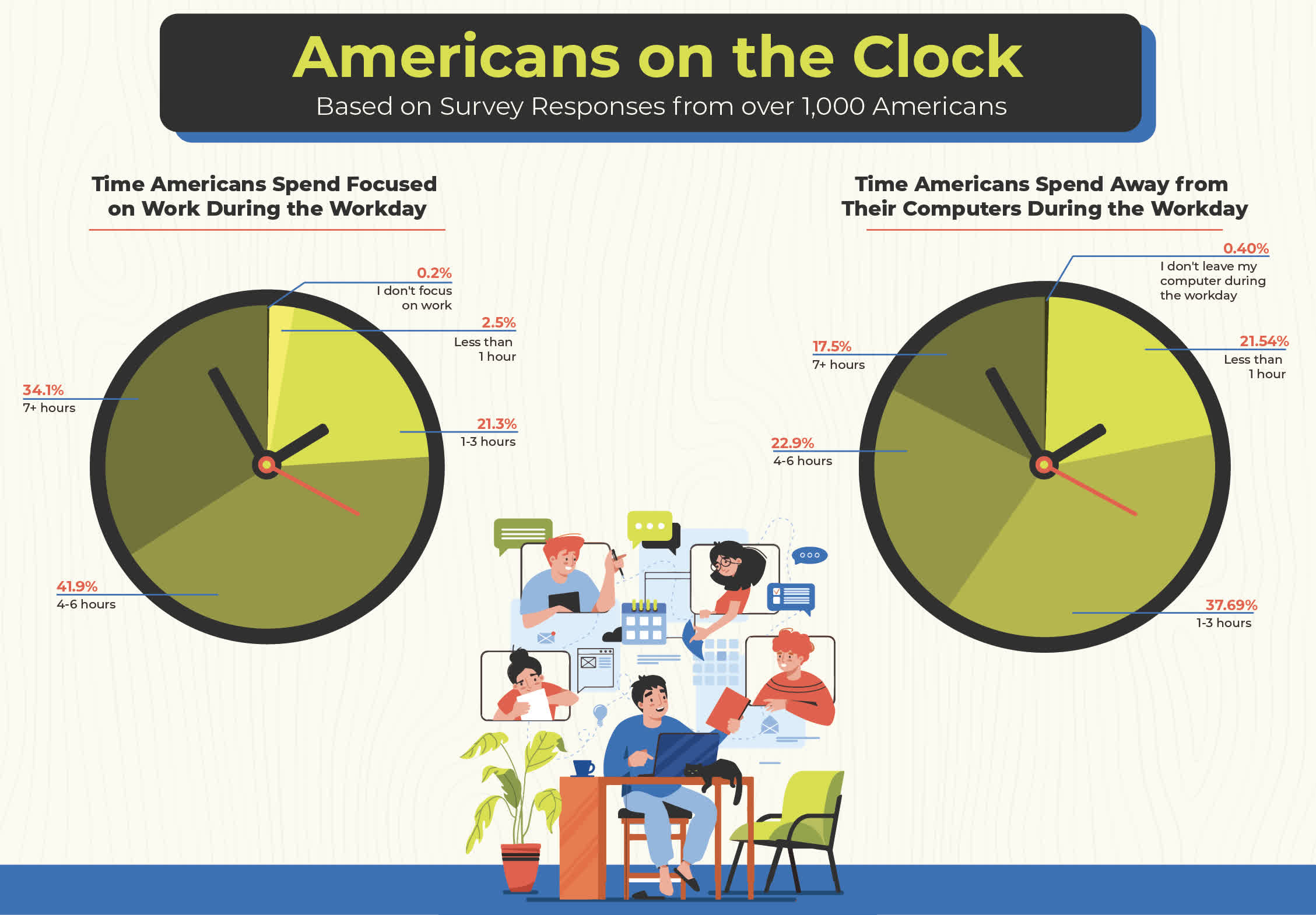In a nutshell: Apple has long been known as a progressive company, but its views on where employees work is quite traditional: the office is preferable to the home. According to a new report, Tim Cook has asked staff to return to the workplace for three days per week starting early September.

Cook made the announcement in an email sent Wednesday morning that was seen by The Verge. "For all that we've been able to achieve while many of us have been separated, the truth is that there has been something essential missing from this past year: each other," wrote the CEO. "Video conference calling has narrowed the distance between us, to be sure, but there are things it simply cannot replicate."
The majority of employees won't transition directly to a full working week in the office. Most will be asked to come in on Mondays, Tuesdays, and Thursdays, while the option of working remotely on Wednesdays and Fridays will be available. Those teams that must work in-person will return for four to five days per week.
Employees will be given the opportunity to work remotely for up to two weeks per year, providing their managers allow it. Cook says the break will let staff "be closer to family and loved ones, find a change of scenery, manage unexpected travel, or a different reason all your own."
Back in June 2020, it was reported that Apple was pushing for employees to return to their standing desks, while Bloomberg writes that Cook told staff in December they could be asked to come back as early as this month.
Even with the vaccine rollout, most tech giants are allowing employees to continue working from home. Both Twitter and Facebook have said their staff can keep working remotely indefinitely, while Google said 20 percent of Googlers could do the same.
A recent survey revealed that 40% of remote workers spend four or more hours away from their computers at home. More than half (60%) have taken a nap while on the clock, 42% have been on a date, and 41% have had sex. Almost half said they've had an alcoholic drink, while more than three-quarters have shopped online. No wonder it's popular.
https://www.techspot.com/news/89922-apple-wants-employees-back-office-three-days-week.html
